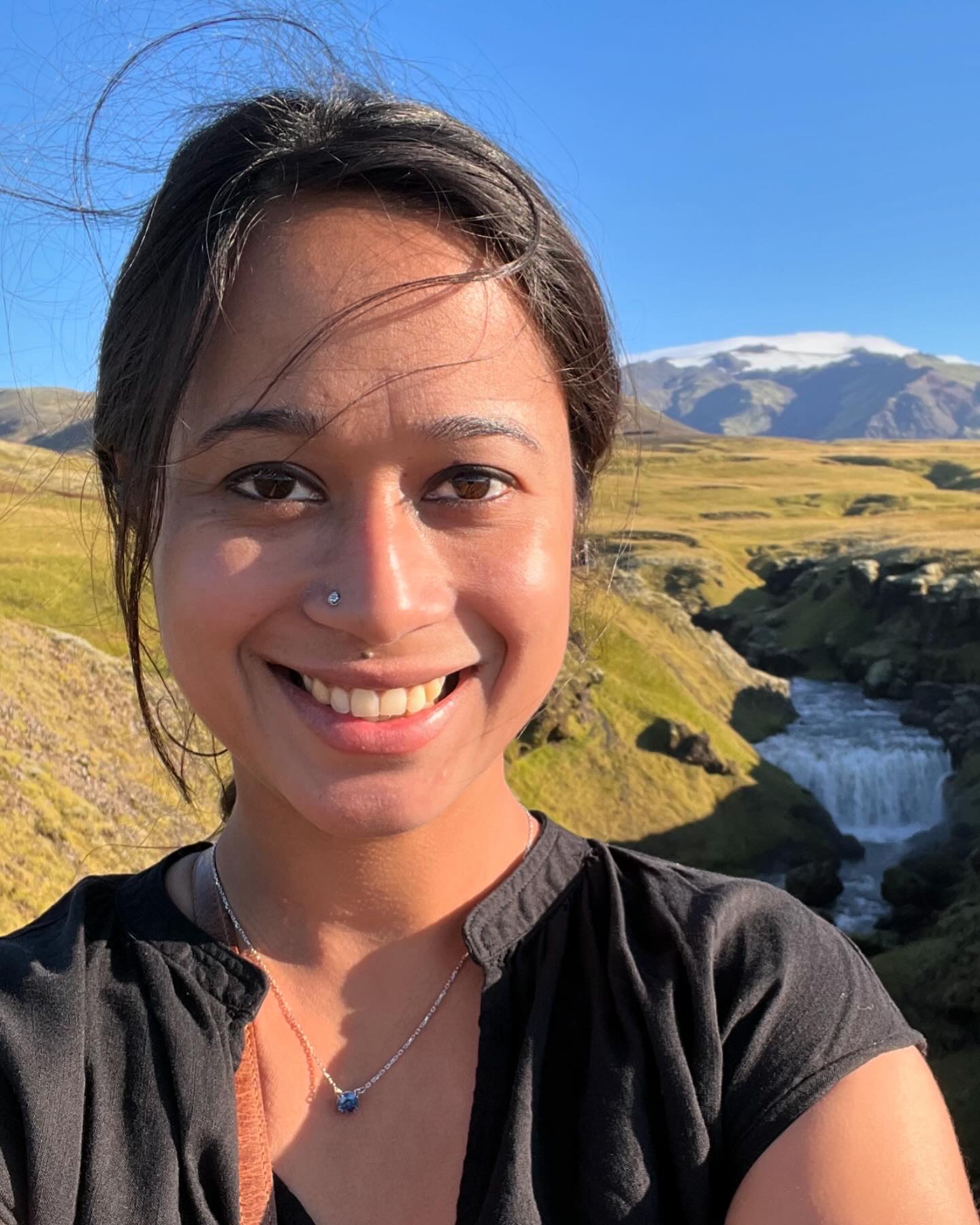I study the Sylheti people who migrated to Shillong after their homeland, Sylhet, ceded to East Pakistan during the India-Pakistan Partition of 1947. My interdisciplinary project combines social history and ethnography to understand their displacement, rehabilitation and struggles for citizenship by linking state-making with borderland forms of popular Hinduism in India’s northeastern frontier. I argue that popular Hindu religiosity was a means for Sylhetis to self-organize and fulfil unaddressed material needs while also articulating an ethical and affective praxis of nationhood and citizenship. I first outline how state actors like political parties, bureaucrats and municipal leaders implemented uneven refugee rehabilitation in Shillong. I then explore how marginalized Sylhetis, such as low and middling-caste shopowners, widows and abandoned ‘fallen’ women, petitioned to contest these disparities, revealing their interpretations of what constituted rehabilitated lives and citizenship. I show that, when petitions failed, marginalized Sylhetis developed self-guided infrastructures of habitus rehabilitation. Using guru-figures, their hagiographies, fund-raising, and devotional repertoires of music, food and rituals, they formed networks of communal care-giving, caste-kin relations and landedness. I argue that the petitions and religion-inflected communal rehabilitation shaped both, an affective-ethical architecture of the state and citizenship, and genealogical fragments of contemporary Hindu nationalism in the region.
Advisor: Mary Hancock, Anshu Malhotra
Dissertation Committee Members: Utathya Chattopadhyaya, Kate McDonald
World History, South Asia, Historical Methods, Philosophy of History, Migration, Infrastructure and Spatial History, Urban History and Anthropology
Within South Asia:
- 11th century to present
- North-East India
- Religions and Pluralism
- Gender and Sexuality
Teaching Associate:
- HIST 9 (Summer 2025): Historical Methods
- HIST 88 (Summer 2024) : Intro to South Asian History
Teaching Assistant:
- FAMST 124 : Indian Cinema
- HIST 2A, B, C : World History
- HIST 4A, C; HIST 121, 141: Mediterranean and European History
- HIST 8: Latin America
- HIST 88: South Asia
- HIST 49C: History of Africa
- 2024-25 Guru Gobind Singh Fellowship, (Full year funding) University of California
- 2024-25 Departmental Diversity Dissertation Fellowship, Department of History, UCSB (Fall 2024)
- 2024-25 Junior Research Fellowship, American Institute of Indian Studies, Alternate List
- 2024 History Associates Graduate Fellowship, Department of History, UCSB
- 2024 Interdisciplinary Humanities Center Graduate Collaborative Awards, “The Future of the Lumpenproletariat Conference”, UCSB
- 2024 Participant, Research School Border Extractions: An Island Methodology, University of Palermo, Italy
- 2023 Richard ’59 And Jeanne Williams Endowed Graduate Fellowship, UCSB
- 2023 History Associates Graduate Fellowship Award, Department of History, UCSB
- 2023 Department Dissertation Fellowship, Department of History, UCSB (fall 2023)
- 2023 History Departmental Conference Travel Grant, UCSB
- 2023 Humanities and Social Sciences Grant, Graduate Division, UCSB
- 2022 William H. Ellison Award for the Best Seminar Paper in History, “Affective Architecture of a New Nation: Petitions, Promises, Processes of Rehabilitation in post-Partition Shillong”
- 2022 History Departmental Research Travel Grant, UCSB
- 2021 History Associates Graduate Fellowship, History Associates, UCSB
- 2020 Graduate Fellow of Public Humanities, Interdisciplinary Humanities Centre, UCSB
- 2019 Recruitment Fellowship, Department of History, UCSB
Research Languages: English, Hindi, Bengali, Sylheti, Assamese, Farsi (Persian)
Additional training: Korean, French, Spanish

